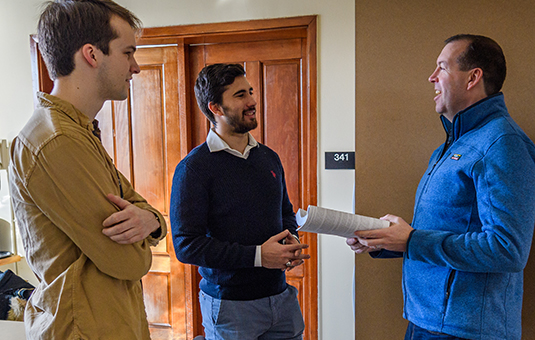Computer Science
Web mediators for accessible browsing
Abstract
We present a highly accurate method for classifying web pages based on link percentage, which is the percentage of text characters that are parts of links normalized by the number of all text characters on a web page. We also present a novel link grouping algorithm using agglomerative hierarchical clustering that groups links in the same spatial neighborhood together while preserving link structure. Grouping allows users with severe disabilities to use a scan-based mechanism to tab through a web page and select items. In experiments, we saw up to a 40-fold reduction in the number of commands needed to click on a link with a scan-based interface. Our classification method consistently outperformed a baseline classifier even when using minimal data to generate article and index clusters, and achieved classification accuracy of 94.0% on web sites with well-formed or slightly malformed HTML, compared with 80.1% accuracy for the baseline classifier. © Springer-Verlag Berlin Heidelberg 2007.



